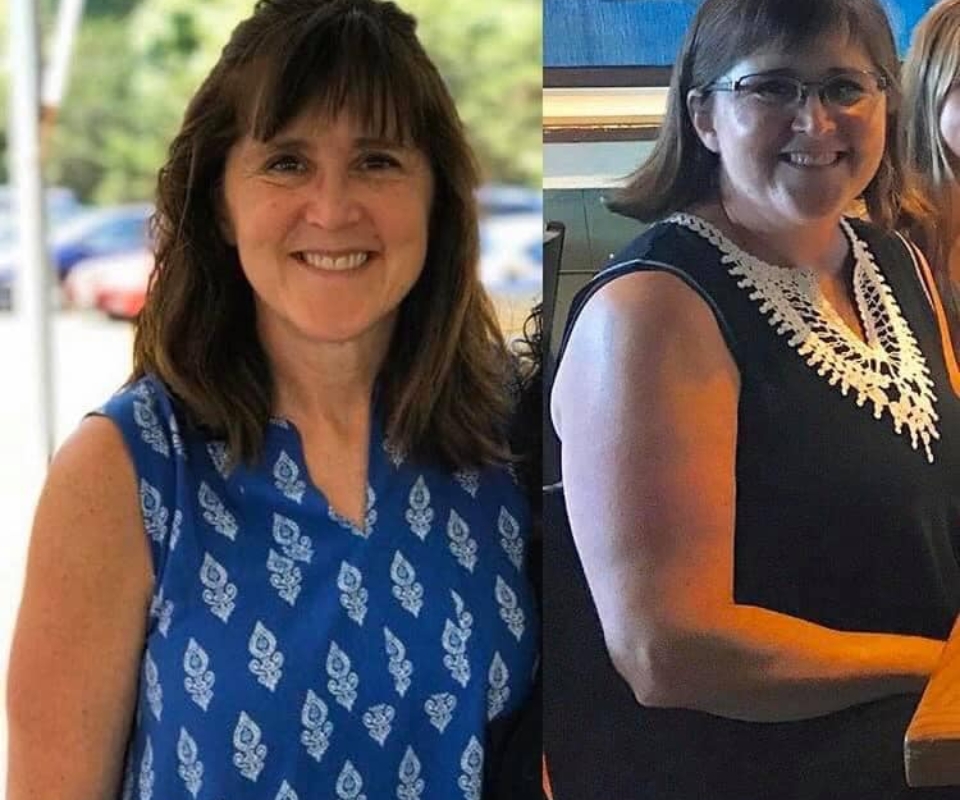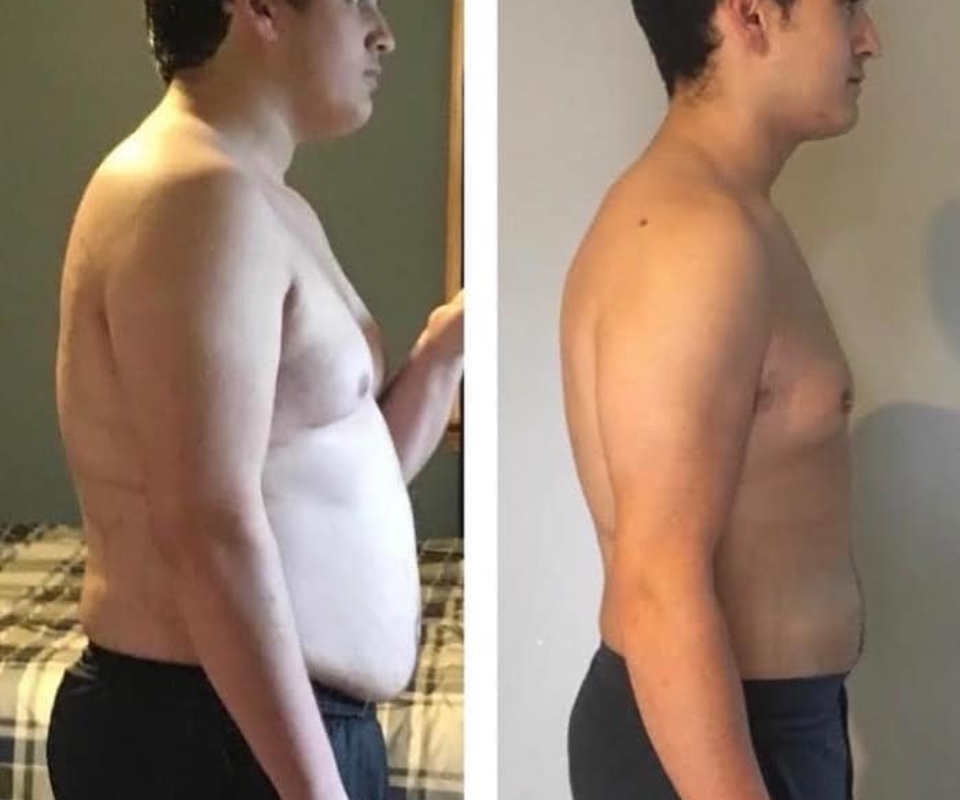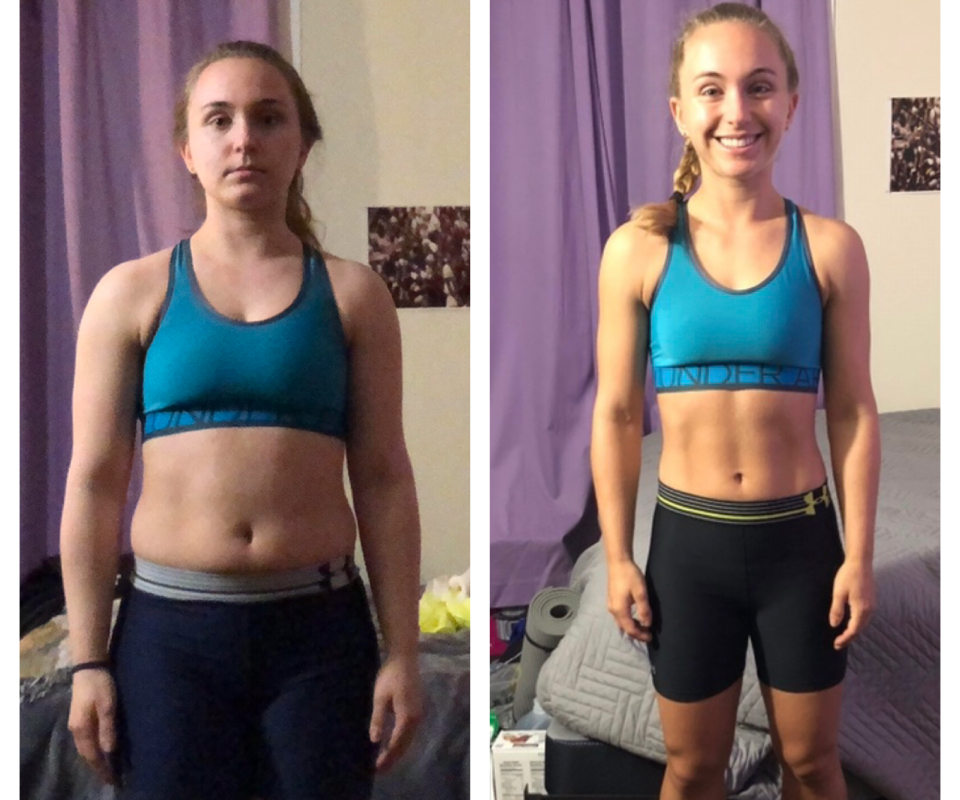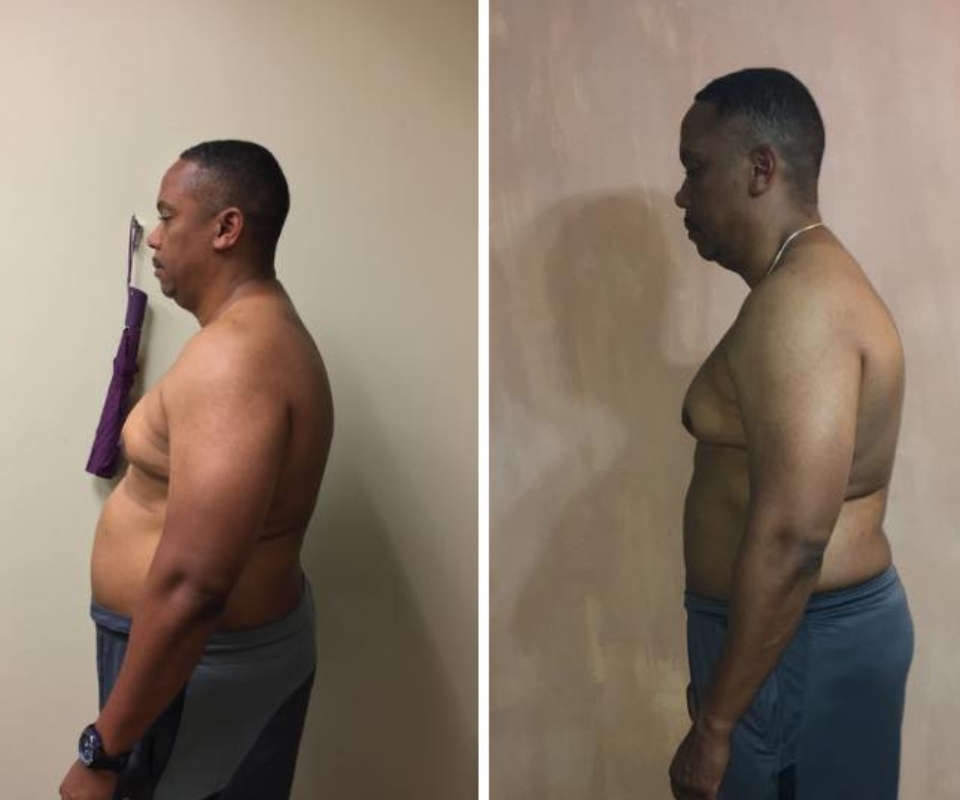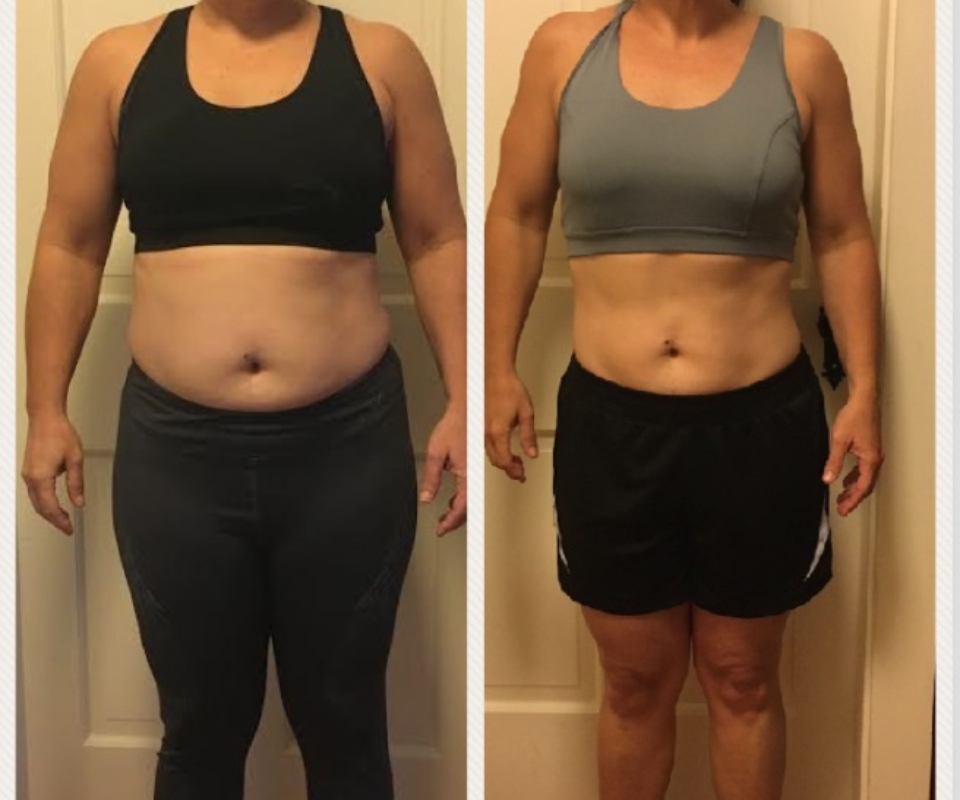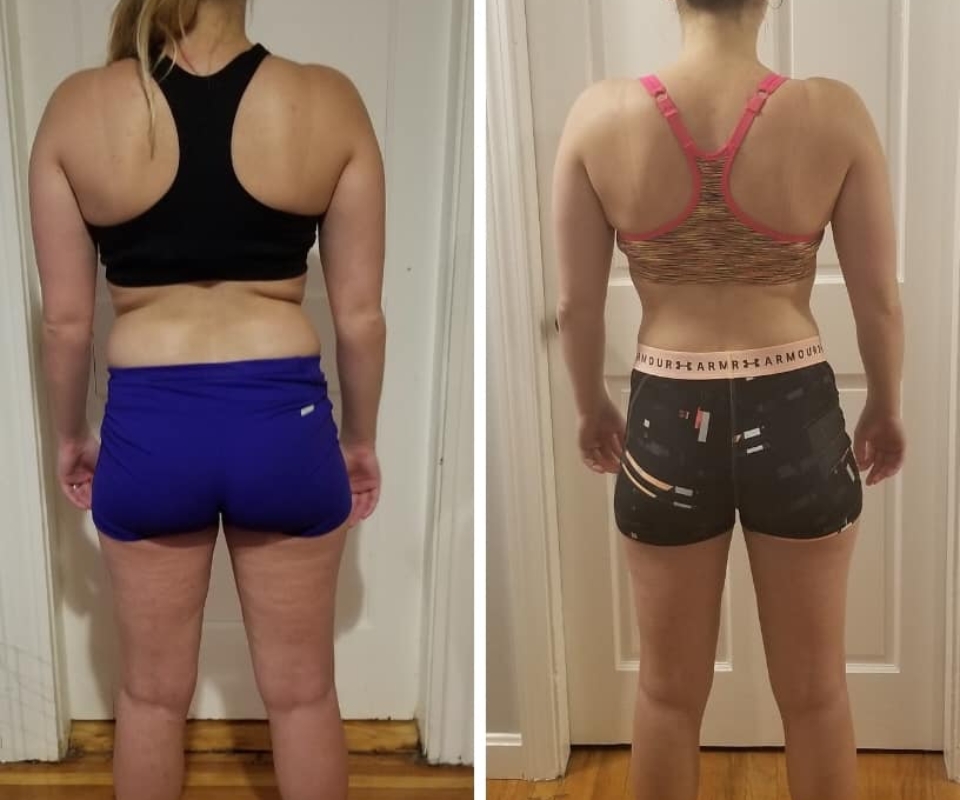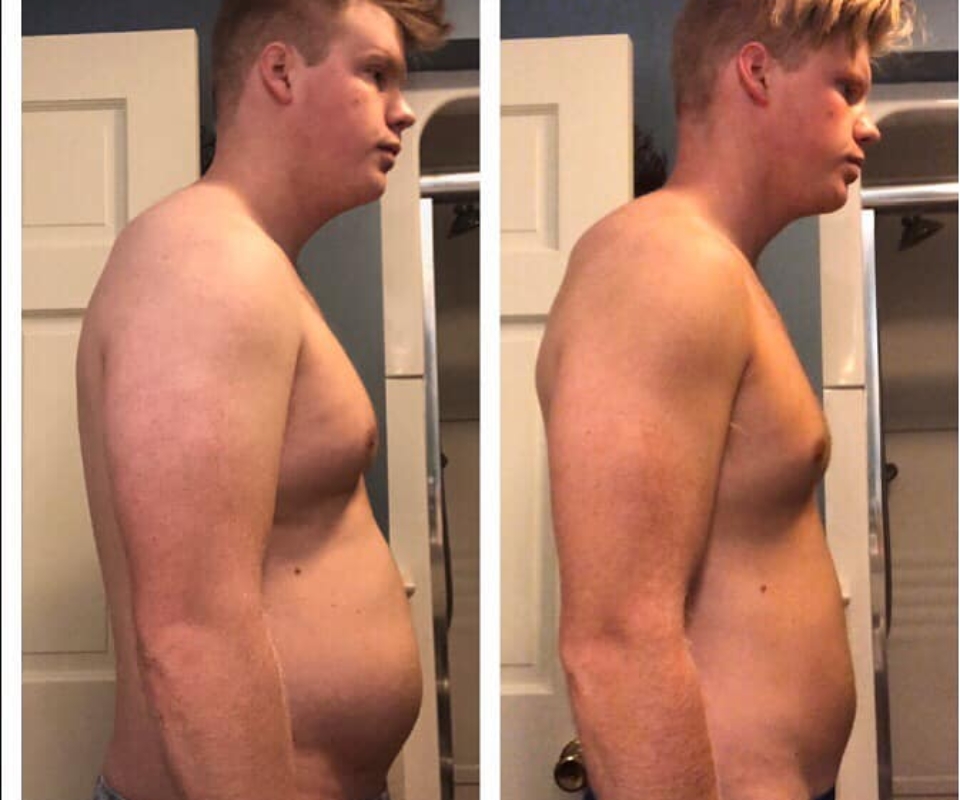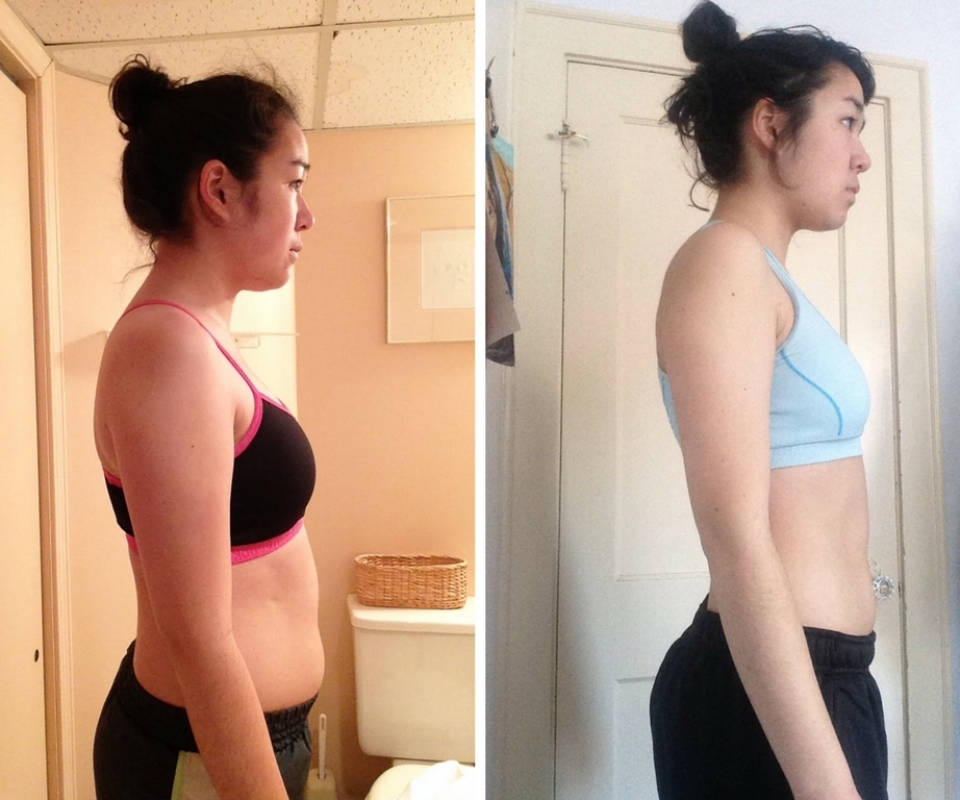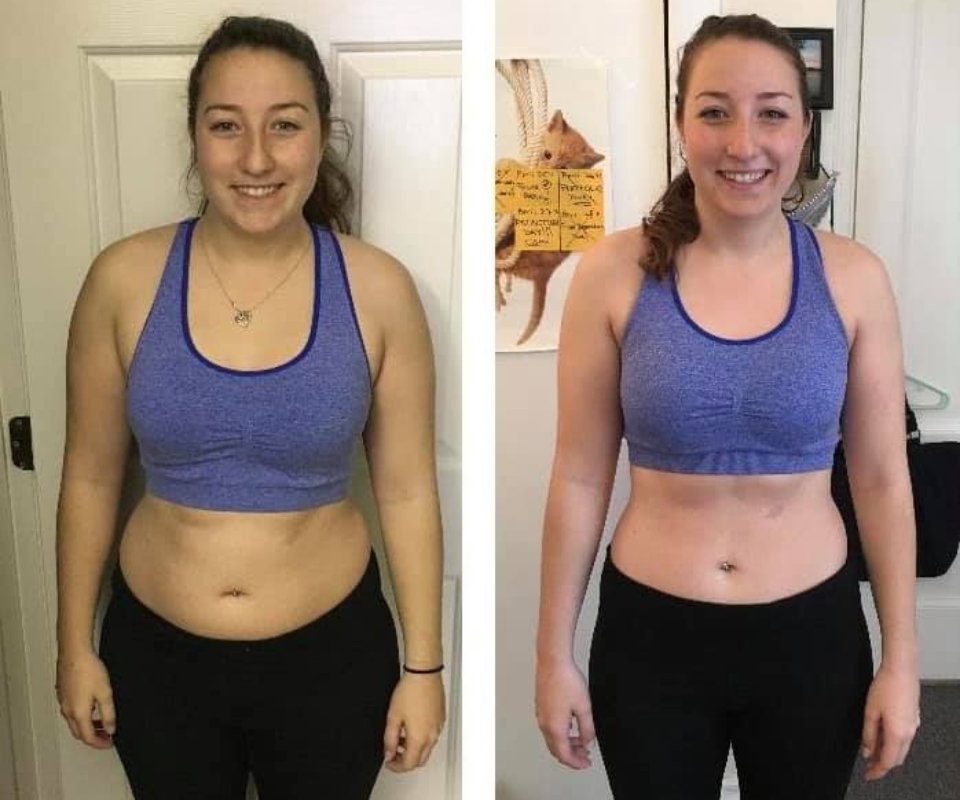Something most coaches won’t admit is that you NEED to be comfortable with hunger if you want to lose fat.
This doesn’t mean you should feel starving… but you also can’t react to every hunger pang like it’s an emergency that needs to be handled ASAP. Mild to moderate levels of hunger are normal and expected during the dieting process (as well as after your diet is over).
Anyone telling you otherwise is selling you a myth at your expense—and I’d hate that for you.
I also don’t want your diet to suck more than it needs to—and few things make diets suck more than unnecessary levels of hunger. It leads to a constant food focus and subconscious obsession over all the foods you feel like you “can’t” or shouldn’t have.
But before we talk about how to STOP feeling hungry all the time… we need to discuss what hunger actually is. Because most people react to anything remotely resembling hunger without taking the time to decipher if that’s what they’re actually feeling.
The most common “fake” hunger sensations are:
- Dehydration
- Boredom
- Stress
You’ve likely heard about each of these before—but probably haven’t been given practical solutions for overcoming them. Here’s how to troubleshoot each:
1) Dehydration
The single biggest hydration mistake people make is not hydrating when they wake up. They dive headfirst into a cup (or pot) of coffee and play catch-up on water the rest of the day. But this sets you up to feel “hungry” between meals when you’re actually just dehydrated.
So here’s what to do instead:
- Drink 32+ ounces of water before having your coffee
- Finish another 16-32 ounces by midday
- Have one more 32+ ounce bottle by dinnertime
Written and phone reminders can help you get this done if you forget to hydrate throughout the day. The timing of this will also help you feel full at the times of day you’re most likely to confuse dehydration with hunger.

It’s important to drink water BEFORE having your morning coffee
2) Boredom
This one is actually fairly easy to decipher. All you need to do is ask yourself, “Would I happily eat an apple right now? Or a entire bowl of vegetables?”
If the answer is “no,” you’re likely turning to food to break up your day (especially if you’re working from home—something we’ve all been doing more than ever).
Aside from creating awareness and asking these questions, the best way to avoid boredom-driven eating is to audit your physical environment, and make sure you’re not surrounded by highly palatable (easy to overeat) items all day.
3) Stress
Naturally, this is a bit more nuanced, which is why I wrote an entire article on the subject. But the bulleted version is simple:
- A lot of people don’t realize they’re stress eating while it’s happening because they’re confusing suppressed emotions (ex. stress or anger or anxiety) with hunger
- Establishing an alternative coping mechanism (ex. journaling what you’re feeling in the moment) is an effective strategy for honoring your emotions while giving yourself a moment to assess your true hunger levels
Most importantly, navigating this takes time and practice. There’s no tip or trick or strategy under the sun that’ll “solve” it overnight—so please be patient with yourself and give yourself the grace you’d give a friend.
Once you get your “fake” hunger in check, you’ll notice you feel actual hunger far less often (and intensely). But we can take things one step further and really nip hunger in the bud with a few more simple strategies.
Here’s how to STOP feeling hungry all the damn time:
1) Stop cutting calories so much
The rest of this list won’t help you if you keep slashing your calories to ridiculously low levels (ex. 800-1,200 per day). The intense hunger you’ll experience is your body’s way of saying, “Hey dummy! Why do you keep doing this to me? I need more!”
In my experience, most people can lose weight just fine eating 10-12 times their bodyweight in calories (ex. 2,000-2,400 per day if you weigh 200 pounds or 1,600-1,920 per day if you weigh 160 pounds).
This is NOT a dietary prescription, and your actual needs should be calculated by a qualified, experienced coach—but this general range can offer insights into whether or not your calorie intake alone is causing your hunger issues.
2) Get your sleep in check
Getting your sleep in check does NOT mean checking the arbitrary “eight hours” box. If you’re going to bed late (11PM or later), using electronics before bed, have no bedtime routine, or having caffeine later in the day, you’re getting lower quality sleep than you should be be.
If this is the case, ghrelin (your hunger hormone) will spike, leaving you ravenous, and leptin (your fullness hormone) will drop, making it harder to feel satisfied after a meal.
So similar to an unnecessarily low calorie target, you’re fighting an uphill battle if you don’t take your sleep extremely seriously, and practice good habits on a regular basis.
(You’ll also slow down fat loss and accelerate muscle loss—resulting in a much longer dieting process.)

Roman (my little guy on the left) certainly knows the value of sleep
3) Eat more protein
Protein is more filling than carbs and fats, and something that most people don’t get nearly enough of. This is because the best protein sources (ex. egg whites and chicken breasts) aren’t grab-and-go options, and require more planning and preparation than people are used to.
That said, if you put a little bit of effort into planning, you can be in the rare category of people who get enough protein to:
- Keep hunger at bay
- Burn “extra” calories during digestion
- Prevent muscle loss
Your best bet for getting started will be downloading a complimentary copy of the One-Stop Nutrition Guide, my best resource on making your diet dramatically easier:
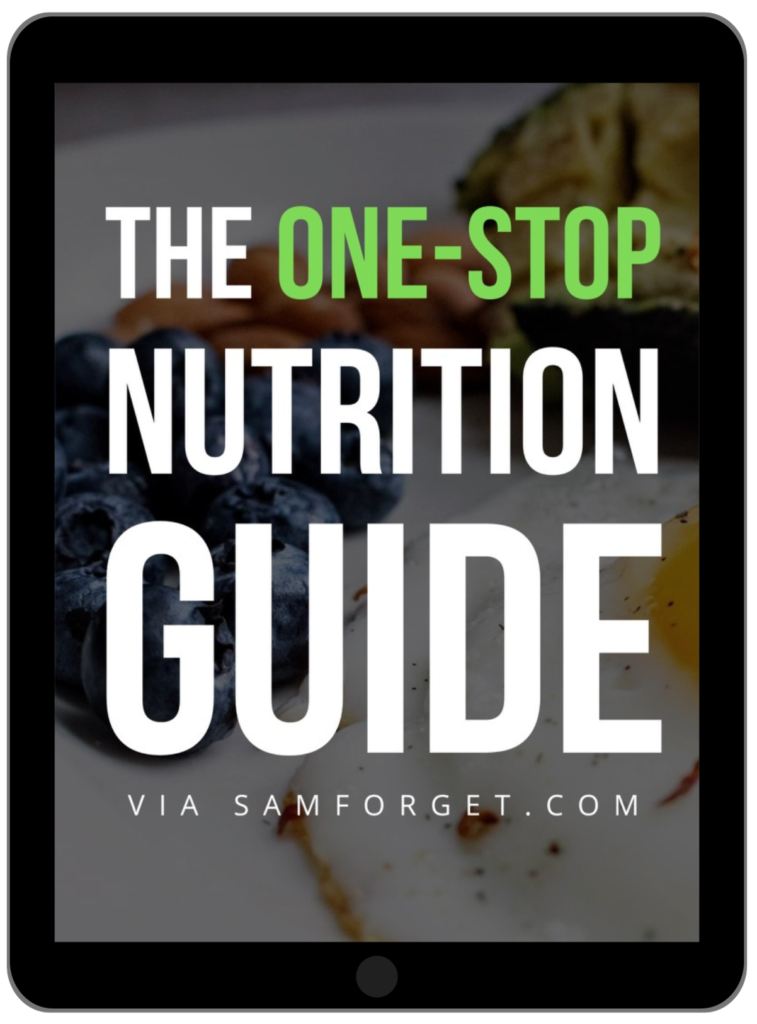
4) Eat high fiber foods
Not only are high fiber foods (ex. beans, broccoli, dark leafy greens, apples, berries, brown rice) typically low in calories, but they take a while for your body to digest, generating long-lasting feelings of fullness while improving digestive health. It's a win-win whether you're dieting or not.
5) Eat higher volume foods
Food "volume" refers to the amount of food on your plate. Generally speaking, the more volume, the better—as it takes up more space in your stomach and helps you feel full. Here's a common visual:

Photo via HenricoFitHappens
This graph isn't insinuating olive oil or chicken are "bad," but is emphasizing the important of low calorie, nutritious, high volume foods in a diet. Some of my go-to's are:
- Lean proteins (ex. egg whites and chicken breast)
- Fruit (ex. berries and grapes and watermelon)
- Vegetables (especially greens)
The opposite of a high volume food is a food that's "calorically dense." This means the food has a lot of calories per bite. Some examples of foods that add up in calories very quickly are:
- Nuts (any kind)
- Cheese
- Olive oil
- Peanut butter
- Trail mix
- Most snack foods
I can't stress enough: these foods are NOT bad. But they're worth having on your radar if you feel like you're always running out calories when you're still hungry.
6) Eat more whole foods
Protein shakes are delicious, and something I have often, but I occasionally swap mine for whole foods (ex. lean ground beef or salmon) when I'm struggling to stay full. This goes back to the food volume conversation: the more space a meal takes up in your stomach, the better. Not to mention, leptin (that fullness hormone) elevates when you chew.
So all other liquid calories (ex. coffee creamer and soda and juice and alcohol) are worth minimizing (or eliminating) if hunger is an ongoing issue for you.
(They also add up in calories very quickly: which can contribute to accidental tracking errors.)
7) Pay closer attention
While the strategies I've outlined thus far are effective for most people, you'll find that some strategies are more effective for you than others, and it's important to pay attention to this and prioritize them.
For example, I don't find protein to be overly filling, and can eat 200-250 grams and still feel hungry. But when I sleep well, I manage hunger much more easily. So while getting enough protein is obviously important, my time is "extra" well spent making sure I sleep well.

For whatever reason, chicken doesn't fill me up as much as it "should"—which is why it's so important to pay attention to your individual responses to these strategies
8) Diet less often
Dieting is incredibly stressful on the body and something you shouldn't do on a regular basis. Not only does it contribute to mental diet fatigue, but it can also contribute to:
- Underlying deprivation
- Unnecessarily intense cravings
- Slight metabolic adaption (i.e. burning few calories per day)
So when you do diet, you should know roughly ow long you'll be doing it for, fully commit during that timeline, and gradually increase calories to maintenance afterwards. If you don't, and jump into crash diet after crash diet, you can throw off your body's hunger signals and fullness cues (often for a while).
9) Be more proactive
If you haven't heard of the Hunger Slingshot, it's when you let yourself get so starving that you "shoot forward" and eat past satiation when you finally finally eat—and this is easily avoidable. All you need to do is look at your schedule in advance, and identify gaps where you might not have access to food for hours.
For example, if I'm running errands all day, I'll make a point to plan accordingly and bring some fruit, nuts, or a homemade smoothie. That way, when I'm out, I can have one of these snacks and avoid letting my "slingshot" get pulled too far back.
If I don't do this, I'm dramatically more likely to get home, grab the easiest-to-eat food I can find (which is often the least healthy), and stuff myself mindlessly.
10) Have a little bit of caffeine
While I generally advocate for people to watch their caffeine intake (in an effort to not rely on it to function), caffeine is an effective appetite suppressant—which is why many of my clients don't have their first meal until mid to late morning, and have no issues holding off.
11) Have spicy foods
A 2011 Purdue study found that spicy foods can help people feel full, so it's worth experimenting with if you happen to enjoy spicy foods (ex. hot peppers, crushed red pepper, hot sauce) anyway.
12) Consider evenly spaced meals
While I never encourage VIP Nutrition Coaching clients to eat based on a clock (this is the opposite of mindful), eating on a reasonably consistent schedule can regulate your body's hunger signals more than highly random, sporadic meals.

There's no need to eat based on a clock
13) Consider evenly portioned meals
Similar to the last suggestion, you don't need to perfectly divide your meals into identical portions throughout the day (this is unnecessarily complicated). That said, people who undereat throughout the day tend to feel ravenous and overdo it at night—so it's in your best interest to (again) remain proactive and space out your calories a little better.
BONUS: Suck it up (at least a little)
While I'm 100% confident you'll have few run-ins with intense hunger if you use the strategies you've learned today, I'm also confident you'll still experience mild to moderate levels of hunger from time to time. When that happens, don't look at it as inherently bad.
After all, you're not "suffering" for nothing. You're willingly experiencing healthy amounts of temporary discomfort for the sake of:
- Reducing your body fat percentage
- Reducing your risk of chronic disease
- Improving your digestive health
- Improving your mental toughness
- Having more energy
- Becoming more confident
- Developing confidence and self-efficacy
Reframing things in this way is a powerful tool for "sucking it up" and staying consistent.
As I'm sure you've now realized, there are lots of hunger management tools are your disposal—which is a double-edged sword. Which it's nice to have so many "tricks" to turn to, it can also be overwhelming:
- Which strategies are "best" for YOU?
- Where should you personally focus your efforts?
- Why do I still feel hungry after doing X and Y?
That's why each of my VIP Nutrition Coaching client's plans are highly personalized, with a clear emphasis on their highest yield action steps for keep hunger at bay. As a result, they get results like this:
And this:
If having a personalized plan that takes all the guesswork out of your transformation process appeals to you, you can apply for coaching here:
But I should warn you: this is NOT a surface level, hands off program with generic weekly check-ins. You need to be willing to communicate well, challenge old habits, and develop new ones over the next 6+ months.
If this does describe you: I'll be in touch shortly after I receive your application to get the ball rolling!


